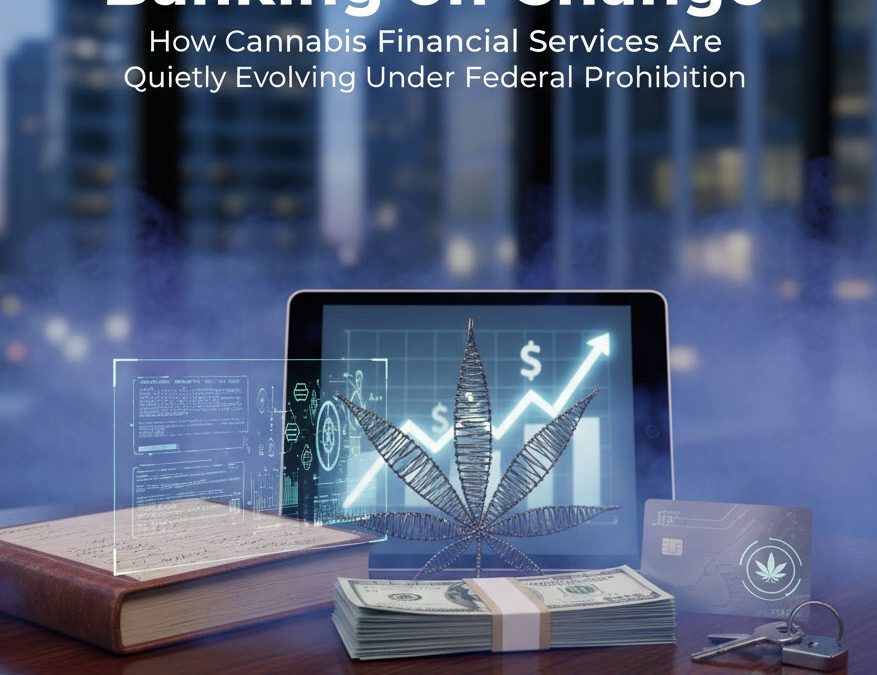The latest scoop from the Financial Crimes Enforcement Network (FinCEN) is causing quite a stir in the world of finance. According to their recent data, a whopping 816 banks and credit unions have jumped on the cannabis bandwagon, serving businesses in this budding industry. But that’s not even the most intriguing part – hold onto your fedoras, folks – a whopping 80% of the suspicious activity reports (SARs) filed about cannabis transactions are labeled as “marijuana limited.” In other words, these financial institutions are giving the green light to these transactions, deeming them as totally legit. Talk about a high (pun intended) level of trust!
Now, before you start rolling your eyes and dismissing this as just another boring financial report, let’s take a closer look at what this all means. For starters, it’s a clear indication that the cannabis industry is gaining more and more legitimacy in the eyes of the financial world. Gone are the days of shady back-alley deals and hush-hush transactions – these businesses are now being treated just like any other legitimate business.
But let’s not forget the elephant in the room – marijuana is still illegal at the federal level. So how are these banks and credit unions getting away with serving these businesses? Well, it all comes down to a little thing called the Cole Memorandum. This policy, issued by the Department of Justice in 2013, essentially allows states to legalize and regulate marijuana without interference from the federal government, as long as certain guidelines are followed. And it seems like these financial institutions are taking full advantage of this loophole.
But let’s not get too carried away with the excitement just yet. While it’s certainly a positive sign that more and more banks and credit unions are willing to work with cannabis businesses, there are still some major hurdles to overcome. For one, many of these financial institutions are still hesitant to fully embrace the industry, as evidenced by the “marijuana limited” label on the majority of SARs. And let’s not forget the fact that marijuana is still illegal at the federal level, which could potentially lead to some serious legal issues down the road.
So, what’s the bottom line here? Well, it’s clear that the cannabis industry is making some major strides in gaining legitimacy and acceptance in the financial world. But there’s still a long road ahead, and only time will tell how this all plays out.

